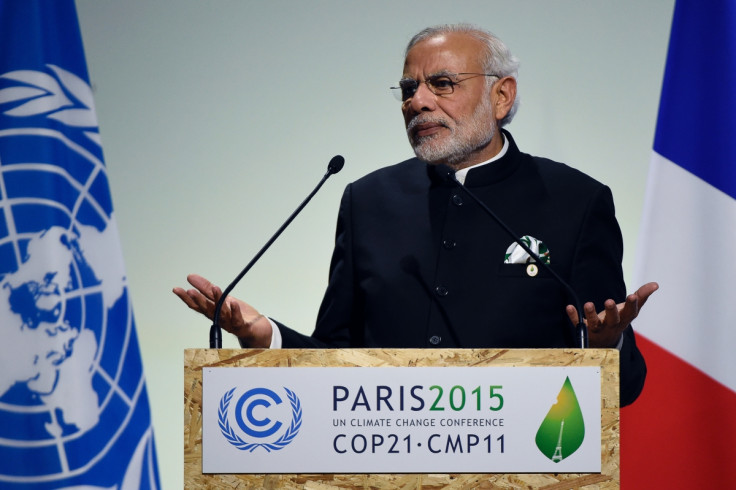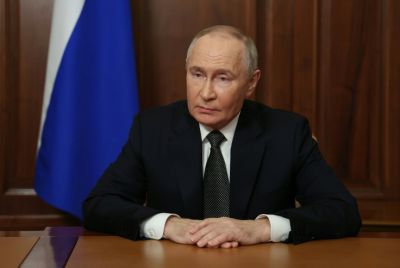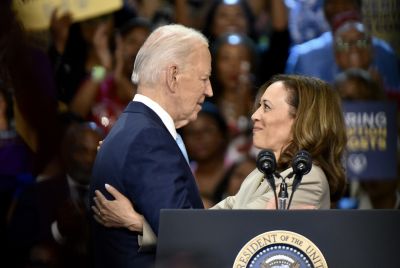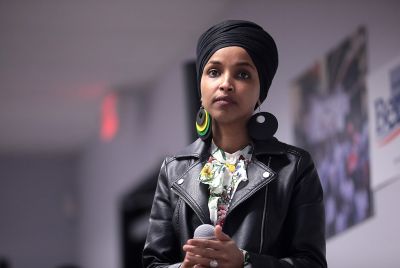COP21: Full speech by Narendra Modi at the opening of Climate Change Conference in Paris

Indian Prime Minister Narendra Modi was one of 147 world leaders to address delegates at the opening of the United Nations Conference on Climate Change in Paris on 30 November. The conference is set to continue until 11 December in the hope of creating a new global agreement on tackling climate change.
Read the full text of Modi's address here:
President Hollande, excellencies,
The pain of Paris is yet to heal. So, I speak in admiration for your resilience and resolve. And, I salute the world for standing, in full strength, with France and Paris.
Over the next few days, we will decide the fate of this planet. We do so when the consequences of the industrial age powered by fossil fuel are evident, especially on the lives of the poor.
The prosperous still have a strong carbon footprint. And, the world's billions at the bottom of the development ladder are seeking space to grow.
So, the choices are not easy. But, we have awareness and technology. We need now national will and a genuine global partnership.
Democratic India must grow rapidly to meet the aspirations of 1.25 billion people, 300 million of whom are without access to energy.
We are determined to do so, guided by our ancient belief that people and planet are inseparable; that human well-being and nature are indivisible.
So, we have set ambitious targets. By 2030, we will reduce emissions by 33 to 35% of 2005 levels, and 40% of our installed capacity will be from our non-fossil fuels.
We will achieve it by expanding renewable energy – for, example, by adding 175 gigawatts of renewable generation by 2022. We will enlarge our forest cover to absorb at least 2.5 billion tonnes worth of carbon dioxide.
We are reducing dependence on fossil fuel through levies and reduction in subsidies; switching sources of fuel where possible; and transforming cities and public transportation.
We hope advanced nations will assume ambitious targets and pursue them sincerely. It is not just a question of historical responsibility. They also have the most room to make the cuts and make the strongest impact.
And, climate justice demands that, with the little carbon space we still have, developing countries should have enough room to grow.
This also means aggressive mitigation action by developed countries before 2020, including ratification of second commitment period of Kyoto Protocol, removing conditions and revisiting targets.
The principles of equity and common but differentiated responsibilities must remain the bedrock of our collective enterprise across all areas – mitigation, adaptation and means for implementation. Anything else would be morally wrong; and disparities.
Equity means that national commitments must be consistent with the carbon space nations occupy. We also need a strong agreement on adaptation and loss and damage.
Developed countries must fulfill their responsibility to make clean energy available, affordable and accessible to all in the developing world. This is in our collective interest.
So, we look to the developed countries to mobilize $100bn (£66bn) annually by 2020 for mitigation and adaptation in the developing countries. They must fulfill their commitment in a credible, transparent and meaningful manner.
Energy is a basic human need. So, we need an ambitious technology initiative, driven by a public purpose, not just market incentives. This includes intellectual property. For this, we need to scale up green climate fund that will improve access to technology and intellectual property.
We still need conventional energy. We should make it clean, not impose an end to its use. And there should be no place for unilateral steps that become economic barriers for others.
We welcome stocktaking that is transparent, covers both support and commitments, and based on differentiation. Ultimately, for success, moderating our lifestyle is necessary, and possible, for a low carbon future.
Excellencies, the presence of 196 countries tells us that we have a chance to unite behind a common purpose.
We will succeed if we have the wisdom and courage to craft a genuinely collective partnership that balances responsibilities and capabilities with aspirations and needs.
I am confident that we will.
Thank you.
© Copyright IBTimes 2025. All rights reserved.





















